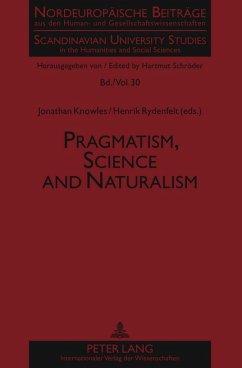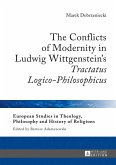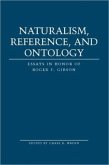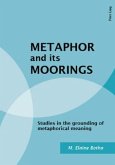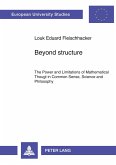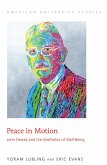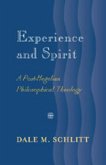According to metaphysical naturalism science has given us overwhelming reason to see the world as made up just of physical things. The job of philosophers is then to understand how our concepts of non-physical things, like beliefs and values, can map onto this world. Pragmatist philosophers take the scientific enterprise seriously, but have a critical view of metaphysical naturalism. Classical pragmatism, which stems from the work of Charles Sanders Peirce, William James and John Dewey, resists metaphysical naturalism by rejecting its conception of science as too narrow. Neo-pragmatist thinkers such as Richard Rorty, Hilary Putnam, Robert Brandom and Huw Price resist it by offering different conceptions of the relationship between language and the world. The papers in this volume offer perspectives and reflections on the interrelations between pragmatism and science, and the consequences these have for a naturalistic philosophy.
Bitte wählen Sie Ihr Anliegen aus.
Rechnungen
Retourenschein anfordern
Bestellstatus
Storno

